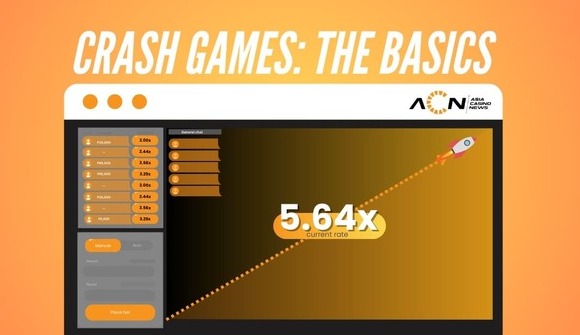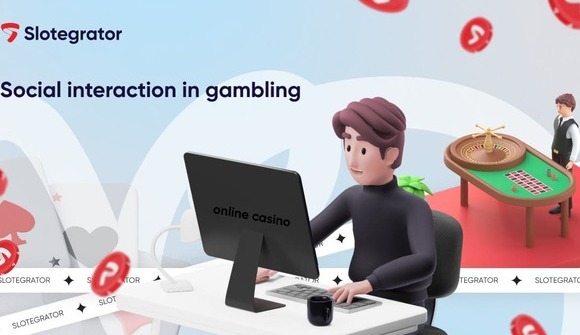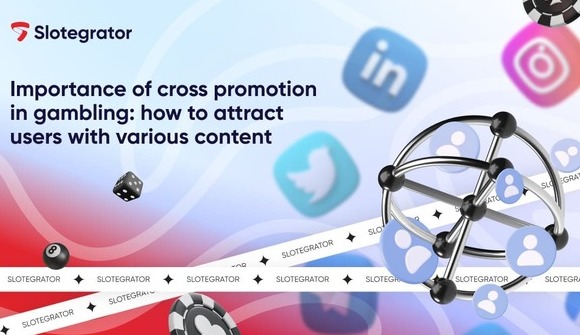
Facebook targets at-risk Aussies with alcohol, gambling ads
Vulnerable Australians are “force-fed” with gambling and alcohol ads on Facebook, according to study conducted by the University of Queensland.
Experts warn that at-risk Australians are being bombarded with Facebook ads promoting gambling and alcohol, with many claiming social media marketing is exploiting their vulnerabilities.
A study conducted by the University of Queensland has revealed disturbing details about how Facebook targets Australian users with advertisements related to alcohol and gambling, potentially putting vulnerable individuals at risk. The research, which was supported by organizations such as VicHealth and the Foundation for Alcohol Research and Education (FARE), highlights the troubling practices of data collection and targeted marketing on the platform.
The study, a pilot project, used a mobile app designed to collect data on advertisements shown to participants. This innovative method allowed users to capture and share the ads they received, providing rare insight into Facebook’s advertising algorithm. The findings suggest that Facebook is enabling companies to target individuals who may be particularly susceptible to the harmful effects of alcohol and gambling, undermining their efforts to limit or quit these behaviors.
The report also highlights the need for urgent action from the Australian government to protect people who are vulnerable to harmful advertising practices.
“People who are trying to reduce their alcohol use or gambling don’t want to be targeted with ads selling these products, and can find it difficult to escape this advertising when they are on social media platforms like Facebook,” Dr. Giselle Newton, the chief investigator on the report, was quoted as saying in a report by The Guardian.
Data Sharing Between Alcohol and Gambling Companies
The research uncovered a disturbing extent of data-sharing between Facebook and a vast network of alcohol and gambling companies. A total of 201 alcohol-related companies and 63 gambling-related companies provided Facebook with detailed data about users, which was then used to target them with specific advertisements. In total, 264 companies uploaded personal information to Facebook’s marketing algorithm, tailoring ads based on users’ behaviors, preferences, and browsing history.
The study involved 10 Australian participants, all of whom had their profiles targeted with 89 different interests related to alcohol and gambling. One participant, for example, had been tagged with 25 alcohol-related advertising interests, receiving data from 123 alcohol companies. Another participant, who has struggled with gambling issues, was tagged with 41 gambling-related interests, getting data from 52 gambling companies.
In some cases, participants expressed alarm and frustration over how the targeted advertising was undermining their personal efforts to limit their consumption. One participant, who had been working to reduce her alcohol intake for over a decade, discovered that 95 alcohol companies had shared her data with Facebook.
“It’s overwhelming,” one participant commented. “These ads feel like they’re following me everywhere, reminding me of things I’m trying to avoid.”
READ: Australia’s Treasurer Raises Concerns Over Tax Breaks for Gambling Innovations
The Pervasiveness of Digital Advertising
The study also underscored just how pervasive and relentless the digital advertising targeting has become. According to the data collected, participants were targeted by over 34,346 advertisers across various platforms. Ads for alcohol and gambling would often appear repeatedly, sometimes multiple times within the same session on Facebook. Many participants described how they were bombarded by gambling ads in rapid succession, which were particularly triggering for individuals with a history of problem gambling.
One participant, Oliver, voiced his frustration with the constant stream of alcohol-related advertisements. “It’s everywhere. It’s not just on billboards; it’s on my phone, too. Even when I’m browsing Facebook Marketplace or watching videos, the ads follow me,” he said. “There’s no way to escape them, and I can’t even opt out of them.”
For many of the participants, the barrage of targeted advertising made it difficult to maintain any sense of control over their digital environments. They expressed a strong desire for better protections against the kind of targeted ads that were so prevalent on Facebook.
Calls for Reform from Advocacy Groups
The findings of the study have drawn sharp criticism from advocacy groups, with leaders calling for stronger regulations to curb the harmful effects of targeted alcohol and gambling advertising.
Martin Thomas, CEO of the Alliance for Gambling Reform (AGR), emphasized that the research shines a light on the predatory nature of gambling advertising and the role that social media companies, like Facebook, play in enabling these practices.
“Australians expect the Federal Government to take stronger action to protect those at risk from constant exposure to ads for harmful products”, notes the report’s public announcement.
Caterina Giorgi, CEO of the Foundation for Alcohol Research and Education (FARE), echoed these sentiments, calling for urgent government action to limit targeted marketing. “It is deeply concerning that alcohol and gambling companies are exploiting people’s vulnerabilities,” Giorgi remarked. “The government must prioritize the health and well-being of individuals and communities over corporate interests.”
Both Thomas and Giorgi called for new regulations that would allow individuals to opt out of targeted advertising, particularly ads related to alcohol and gambling. They also emphasized the need for more transparency about how companies gather and use personal data for marketing purposes.
The Role of Facebook
Dr. Giselle Newton, the Chief Investigator of the study, explained that the research only scratched the surface of the issue. “This report is just the tip of the iceberg,” Newton said. “It reveals how alcohol and gambling companies gather personal data to market their harmful products in ways that are difficult to escape from.”
Newton added that the findings of the study serve as a reminder of the need for greater control over digital advertising. “Individuals who are trying to reduce their alcohol or gambling consumption are often overwhelmed by these targeted ads,” she said. “They’re constantly bombarded with reminders of the very behaviors they’re trying to avoid.”
READ: Gamblers Beware: Stricter ID Verification Procedures Take Effect in Australia
The Push for Better Protections
The study’s participants voiced a common frustration: the lack of control over the ads they receive online. Many expressed a desire to have more power over the digital marketing that targets them, especially when it comes to harmful products like alcohol and gambling. There was widespread agreement that without government intervention, social media platforms would not take the necessary steps to curb the impact of such ads.
“I want to be able to permanently block these ads,” one participant noted. “It feels like Facebook is working against me. I’m trying to stay sober, but these ads are always in my face.”
As calls for reform continue to grow, it remains to be seen how the Australian government and social media platforms like Facebook will respond to the growing concerns over the harmful impact of digital advertising. In the meantime, the study serves as a stark reminder of the need for greater oversight and regulation in the digital advertising space.
Read related article: Online Gamblers, Poker Machine users More Prone to Gambling Disorder in Australia, NZ: Study
Other Interesting Articles
 GIG Enters Asia via Agreement with PH Casino Group Nov 13, 2024
GIG Enters Asia via Agreement with PH Casino Group Nov 13, 2024











